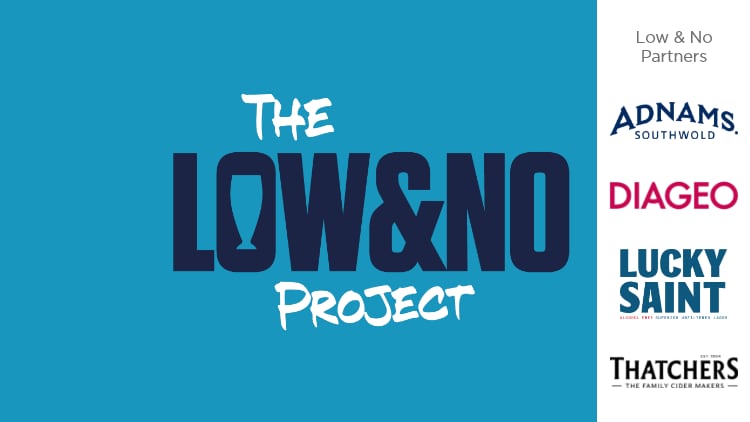EPR fees came into effect on 1 April this year shifting the full cost of managing packaging waste from local authorities to producers. Fees are based on the type and weight of packaging materials. Under the rules, glass packaging sold in pubs is classified as household waste, despite already being recycled under commercial waste arrangements.
Bosses of UKHospitality, the British Beer & Pub Association (BBPA), British Institute of Innkeeping (BII), Campaign for Real Ale (CAMRA), Society of Independent Brewers (SIBA), Wine & Spirit Trade Association (WSTA), Independent Family Brewers of Britain, Federation of Wholesale Distributors and Cider UK and British Glass have written a letter to the Prime Minister and Chancellor.
Deeply concerned
They said they were “deeply concerned” about the cost and impact of EPR, and Defra’s lack of progress to solve the issue.
The coalition added it did not believe Defra had given “due regard” to the economic impact of EPR on investment and growth in the UK. It also said that, as a result, the department’s efforts to alleviate these issues have been “deprioritised.”
The groups called on the Government to delay the introduction of EPR by at least a year, while Defra was instructed to remedy existing issues.
Major issues
They highlighted three major issues that need resolving. Firstly, that venues will pay twice for waste collection due to the “poor policy design” that incorrectly classifies bottles of beer and wine as household waste.
Secondly, the impact upon investment and growth from there being no final announcement of the prices involved in EPR and the ongoing confusion around the double payments.
Lastly, they highlighted the disproportionately high fees for glass that is likely to drive certain product types into plastic, which will undermine the EPR’s objective to drive recycling.
The letter read:
“The sector and its supply chain is deeply concerned at the introduction of EPR in its current form.
“There is a widespread belief that this legislation is being introduced far too quickly, and the financial burdens placed on businesses and their impact on growth, are not being acknowledged by Defra.
“While Defra has engaged with businesses and their representatives, the concerns of the sector have not been taken on board by Defra and as such, we are now raising these concerns with Treasury and Business and Trade, in the hope that you are able to listen to business concerns.
“EPR comes at a time when there are cumulative issues affecting the sector, including changes to employer National Insurance Contributions.
“We do not believe that due regard has been considered to the full economic impact of this policy measure on investment and growth in the UK, and therefore efforts to alleviate them have been deprioritised.
“Indeed, Defra has confirmed that EPR will operate in an unfair manner for at least two years. We know from our members that this will impact upon investment in the UK.”




